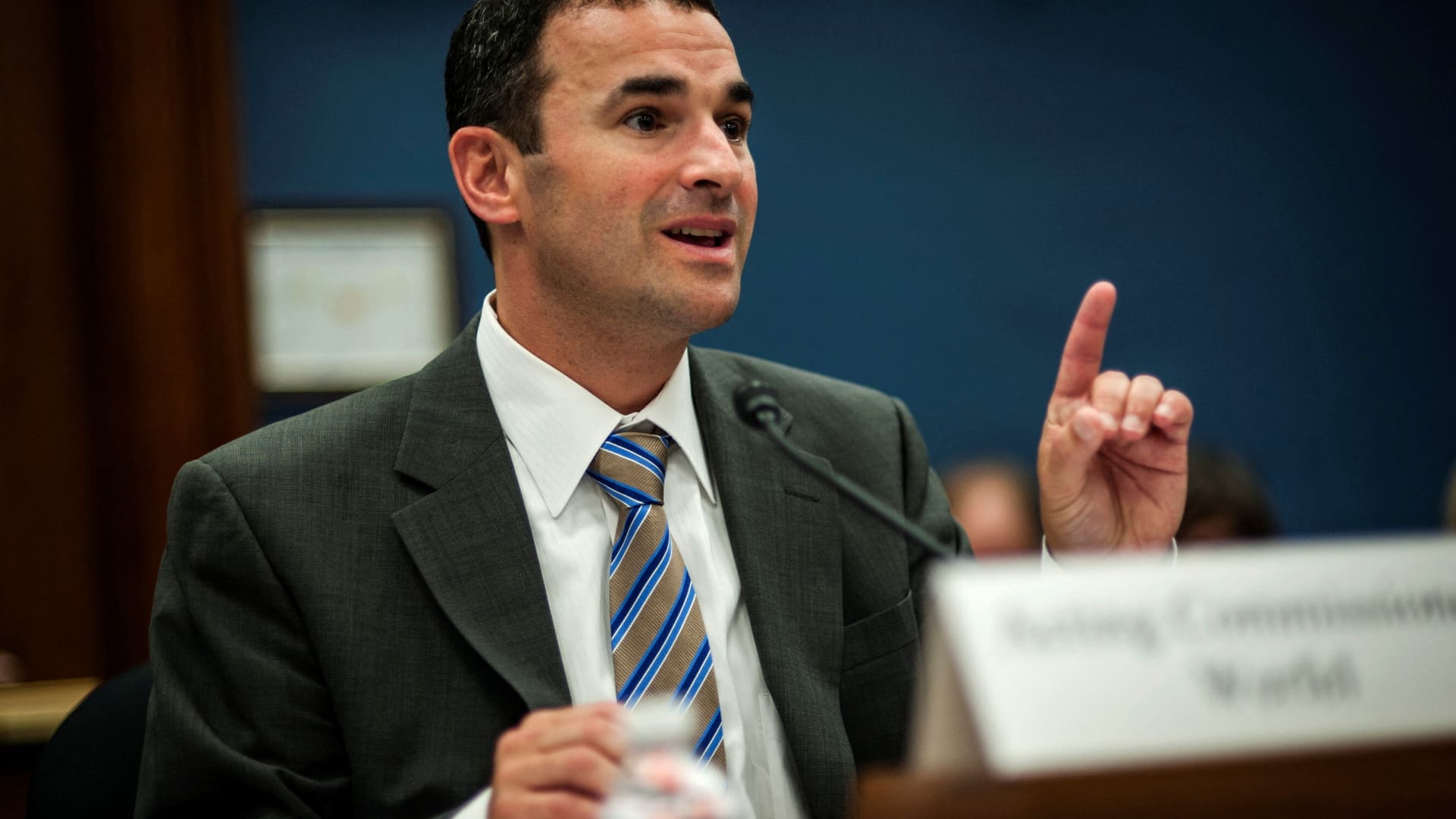Products You May Like
The IRS has unveiled a “voluntary disclosure program” for businesses that claimed a pandemic-era tax credit in error and want to pay the money back.
Worth thousands per employee, the employee retention tax credit, or ERC, was designed to support small businesses affected by the pandemic. The lucrative tax break sparked a cottage industry of firms pushing employers to wrongly claim the credit.
The IRS unveiled a “special withdrawal process” for companies with pending claims in September. The new voluntary disclosure program offers applicants the chance to repay credits received at a 20% discount to cover third-party promoter fees.
However, it’s a “limited-time offer,” IRS Commissioner Danny Werfel said during a press call on Thursday. The deadline to apply to the voluntary disclosure program is March 22, 2024.
More from Personal Finance:
More couples pick ‘DINK’ lifestyle. How that changes their finances
IRS waives $1 billion in penalties. Here’s how qualifies
3 year-end investment tax tips from top-ranked financial advisors
“We urge employee retention credit recipients who think they were misled by promoters to review these special programs, including either the disclosure program or the withdrawal option, depending on their situation,” Werfel said.
The new program comes roughly two weeks after the IRS announced it’s sending more than 20,000 ERC rejection letters to taxpayers as part of its crackdown on “dubious” filings.
Werfel said the IRS is sending another round of letters to companies that wrongly received the ERC and those taxpayers will not be eligible for the voluntary disclosure program.
“It’s for those that have received the claim, or received their credit, and have not yet heard from the IRS,” he said.
To qualify for the program, companies must provide the IRS with contact information for any advisors or tax preparers who assisted them with the erroneous claim, along with details about the services.
